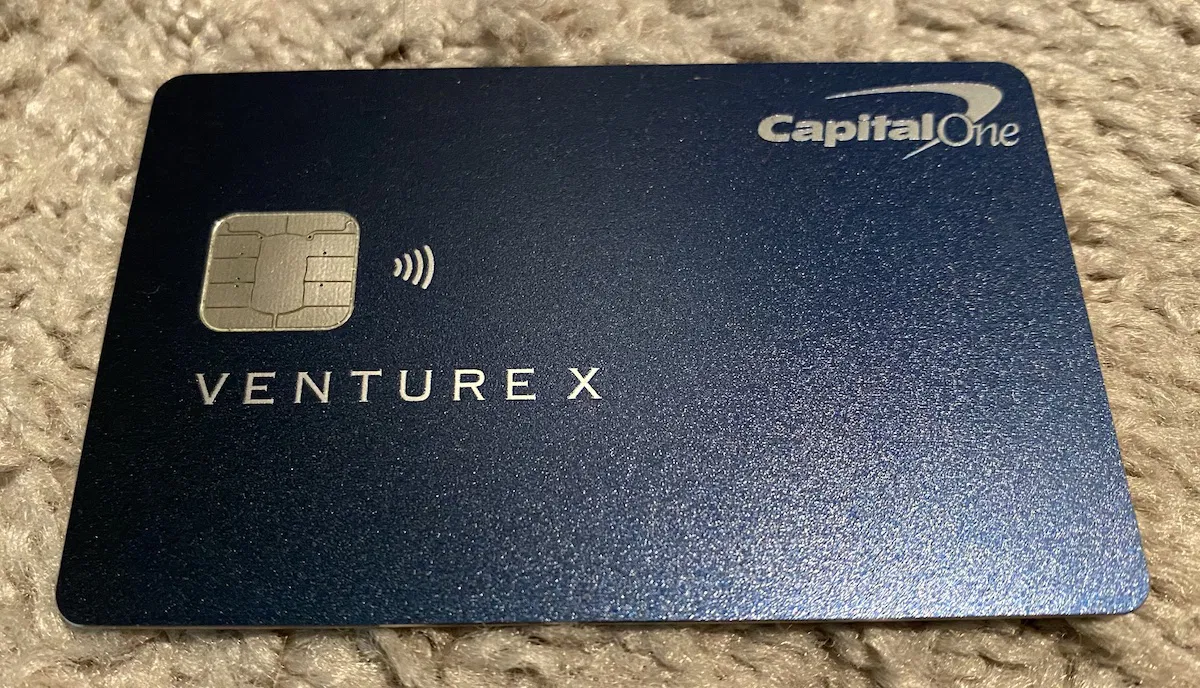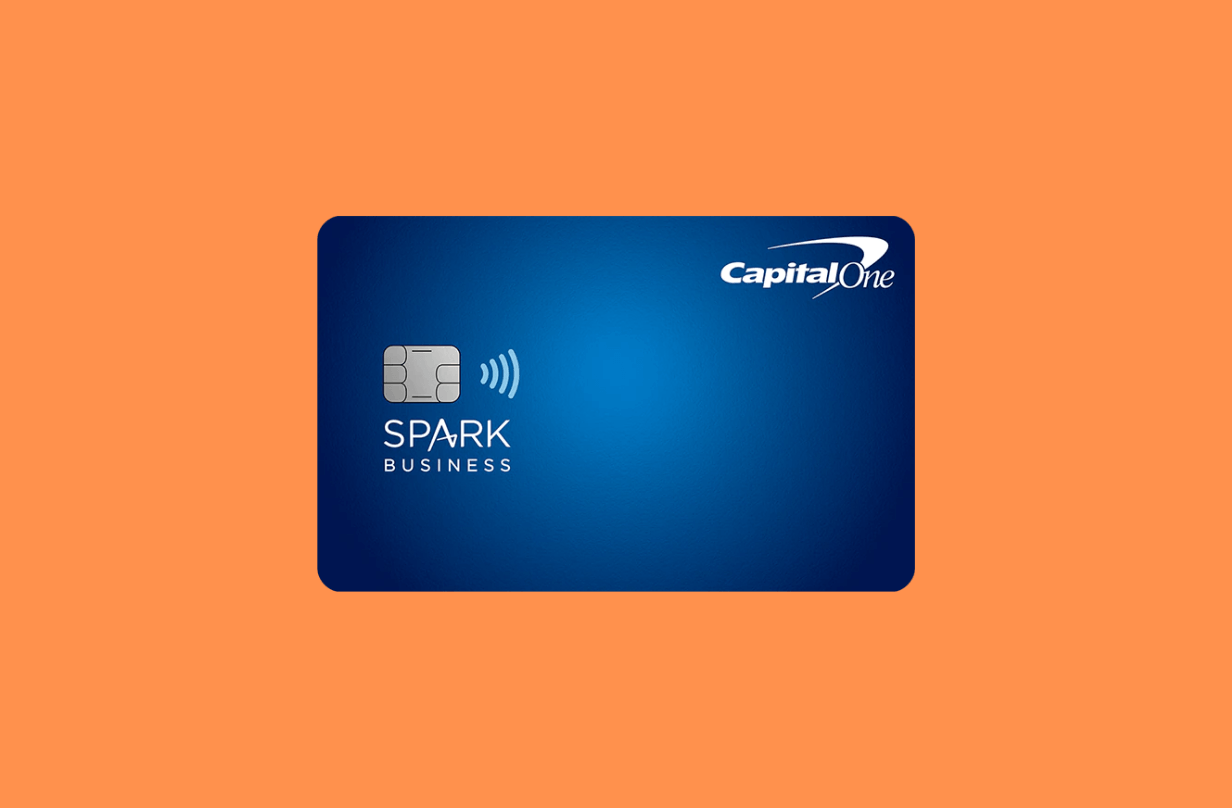The Benefits and Risks of Using Credit Cards in Building a Credit History in the U.S.

Understanding Credit Cards
Credit cards are more than just a convenient payment method; they play a critical role in building your credit history. For many Americans, the decision to use credit cards has a significant impact on their financial future. With billions of transactions processed each year, the implications of credit card usage extend far beyond simple purchases, affecting various aspects of personal finance, including budgeting, savings, and even long-term investments.
The Benefits of Credit Cards
Utilizing credit cards can offer several distinct advantages that, when understood and managed properly, can greatly benefit consumers in the United States.
- Build Credit Score: Responsible use of credit cards—such as making timely payments and keeping balances low—can enhance your credit rating. A high credit score not only opens the door to better loan rates for major purchases like homes and cars but can also lead to more favorable insurance rates and lower security deposits on utilities and rentals.
- Rewards Programs: Many cards offer enticing rewards programs, such as cash back on purchases or points that can be redeemed for travel, shopping, or dining experiences. For example, a card might provide 1.5% cash back on all purchases, while select cards can offer up to 5% back on specific categories like groceries or gas. This feature can lead to substantial savings or perks for individuals who understand how to optimize their spending.
- Purchase Protection: Credit cards often provide additional security features, including fraud protection and extended warranties on purchased items. If a customer finds that an item is defective or if someone fraudulently charges their card, most credit card companies will investigate and resolve the issue, making shopping safer and more reliable.
The Risks of Credit Card Usage
However, there are notable risks that come with credit card usage that consumers should not overlook.
- Debt Accumulation: With high interest rates on unpaid balances, credit cards can lead to significant debt if managed irresponsibly. The average credit card interest rate hovers around 16.3%, which can quickly multiply small balances into unmanageable sums if not paid in full each month.
- Negative Impact on Credit Score: Late payments can severely damage your credit rating. Just one missed payment can lower a credit score by as much as 100 points, which may take months to recover from and significantly impact future borrowing opportunities.
- Overreliance on Credit: Credit cards can encourage excess spending, leading individuals to live beyond their means. It’s common for users to carry a balance that becomes a cycle of debt, often leading to a financial crisis and increased stress.
As you consider the role of credit cards, it’s essential to weigh both the benefits and the potential pitfalls. Understanding rewards programs, interest rates, and managing payment schedules can empower consumers to navigate their complexities and make informed decisions. With knowledge and careful management, you can harness the advantages of credit cards to build a strong financial foundation while avoiding the traps that lead to debt and poor credit standing.
DON’T MISS OUT: Click here to enhance your pet party experience
The Financial Landscape of Credit Card Use
In the United States, credit cards have become an integral part of personal finance, influencing not only consumer behavior but also shaping financial identities. For individuals seeking to build a robust credit history, understanding the financial landscape of credit cards is essential. With the right approach, credit cards can serve as valuable tools in enhancing one’s creditworthiness. However, navigating these waters requires due diligence and knowledge.
The Role of Credit Utilization
One of the most crucial aspects of using credit cards effectively is understanding credit utilization. This is the ratio of your credit card balances to your total credit limits. Financial experts recommend keeping this ratio below 30% to maintain a healthy credit score. For example, if you have a credit limit of $10,000, you should aim to keep your outstanding balance under $3,000. This practice not only demonstrates responsible credit management but also indicates to lenders that you can handle credit responsibly.
Building Credit History with Timely Payments
Timely payments are one of the most impactful factors in building a positive credit history. Each on-time payment is reported to credit bureaus and contributes positively to your credit score, showcasing your reliability as a borrower. In fact, payment history accounts for approximately 35% of your credit score, making it the most significant factor considered by lenders. Setting up automatic payments or reminders can be a strategic way to ensure that you never miss a deadline.
Exploring Credit Card Options
The diversity of credit card options available allows consumers to select cards that align with their financial goals. Here are some popular types of credit cards to consider:
- Secured Credit Cards: Ideal for those with no credit or poor credit, secured cards require a cash deposit that serves as your credit limit. Responsible use of these cards can help rebuild credit over time.
- Rewards Cards: These cards offer points, miles, or cash back for purchases made. Choosing a card that aligns with personal spending habits can maximize rewards and bolster savings.
- Balance Transfer Cards: Often featuring 0% introductory APR on balance transfers, these cards can be useful for consolidating debt. Consumers can save on interest fees while paying down existing debt more swiftly.
With numerous options, it’s vital to evaluate individual financial circumstances, spending habits, and overall goals before selecting a credit card. Researching and comparing various credit card features can uncover opportunities that align perfectly with one’s financial aspirations while aiding in the construction of a solid credit history.
DISCOVER MORE: Click here for tailored exercise tips for your pet
The Balance of Benefits and Risks
While credit cards provide a pathway to building a solid credit history, they are not without their risks. Striking the right balance between maximizing benefits and managing risks is essential for reaping the rewards that credit card usage has to offer.
The Advantages of Credit Card Use
Credit cards come with a myriad of benefits beyond simply building credit history. One of the most notable advantages is the convenience they offer. With a credit card, consumers can make purchases without needing to carry physical cash, making transactions smoother and safer. Additionally, many credit cards come equipped with enhanced fraud protection features. In cases of unauthorized transactions, most major credit card issuers have systems in place to protect consumers and reverse fraudulent charges.
Furthermore, credit cards often offer various incentive programs that can lead to tangible savings. According to a study by the Consumer Financial Protection Bureau, consumers who regularly use rewards cards can earn hundreds of dollars annually through cash back, points, or travel-related perks. This makes credit cards not just a financial tool for building credit but also a strategic asset for everyday spending decisions.
For those who travel frequently, specific credit cards provide travel benefits such as free checked bags, priority boarding, and travel insurance, allowing cardholders to enhance their travel experiences. Access to exclusive events and offers can also foster a more luxurious lifestyle, enhancing the overall appeal of credit card ownership.
Understanding the Risks Involved
On the flip side, relying on credit cards can lead to financial pitfalls. The most significant risk is the potential for debt accumulation. When consumers use credit cards without informed management of their budget, they can quickly find themselves amassing balances that become unmanageable. Data from the Federal Reserve indicates that in 2023, Americans carried an average credit card balance of over $5,500, underscoring the challenge of credit card debt. If not addressed in a timely manner, high balances can lead to hefty interest payments and damage your credit score.
Moreover, late or missed payments can have severe repercussions. As previously mentioned, payment history accounts for about 35% of your credit score. Missing just one payment can significantly drop your score, leading to higher interest rates and making future loans more difficult to obtain. Credit card issuers often impose high late fees, compounding the debtor’s situation further.
Monitoring and Maintaining Your Credit
To harness the benefits while mitigating risks, monitoring one’s credit health is essential. Regularly reviewing your credit report from the three major bureaus—Equifax, Experian, and TransUnion—can empower consumers to identify inaccuracies and understand their credit standing. Utilizing available tools and apps to track spending habits can also serve as a safeguard against overspending and unintentional debt accumulation.
Additionally, financial education is crucial. Numerous organizations and online platforms offer resources designed to teach responsible credit card usage and money management tactics. Engaging with educational material can foster a better understanding of personal finance principles, leading to wiser credit decisions.
In summary, while the advantages of credit card usage in building a credit history are significant, they come with inherent risks that require careful management. Understanding these dynamics equips consumers with the knowledge needed to navigate the complex world of credit effectively.
DIVE DEEPER: Click here to learn more
Final Thoughts on Credit Cards and Credit History
As we navigate the multifaceted landscape of personal finance, credit cards emerge as both powerful tools and potential traps. The ability to build a strong credit history through responsible credit card use is a significant advantage, opening doors to better loan terms, lower interest rates, and even premium benefits that can enhance consumers’ lifestyles. Indeed, by strategically utilizing cards that offer rewards and protections, consumers can effectively leverage their spending to build a financial foundation for future endeavors.
However, the inherent risks associated with credit card usage cannot be overstated. The peril of debt accumulation, coupled with the consequences of late payments, underscores the need for cautious management. The average credit card balance hovering over $5,500 shows just how easily individuals can fall into the cycle of debt, which can disrupt not only one’s credit score but also the broader financial health.
To fully harness the benefits of credit cards while mitigating the risks, it is essential for consumers to engage in proactive monitoring of their credit health and continue educating themselves on smart financial practices. Taking advantage of resources available through financial institutions and educational platforms can empower individuals to navigate their credit journeys wisely.
In conclusion, the key to successfully leveraging credit cards lies in understanding their dual nature. By fostering responsible spending habits and being vigilant about payment practices, consumers can enjoy the myriad benefits of credit cards, shaping a flourishing credit history that serves them well into the future.


